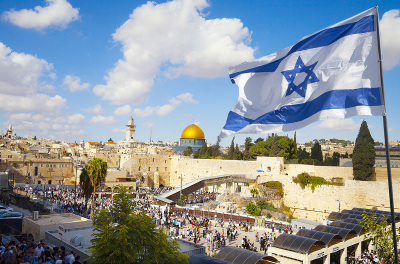5 important facts about Holocaust Remembrance Day
Israel’s observance

Although the international observance for remembering the Holocaust takes place on Jan. 27, the nation of Israel has a different date for their remembrance, based on the Hebrew calendar.
In 1951, shortly after becoming an independent nation, Israel passed a resolution making the 27th day of the Hebrew month of Nisan as Yom Hashoah or “Holocaust Memorial Day.”
According to the Center for Israel Education, the date was chosen because it was near the 14th day of Nisan, which marked the anniversary of the Warsaw Ghetto Uprising of 1943.
The Center noted that the 14th of Nisan “was not allowed as a memorial day because it was during Passover,” with the holiday not becoming an official national holiday until 1959.
“This connection, anchoring the day to the Ghetto Uprising, was an example of the reluctance in Israel’s early years to embrace the Holocaust, which was part of the new nation’s collective memory and experience,” explained the Center.
“However, many Israelis preferred to focus on those Jews who engaged in resistance to the Nazis and other perpetrators, not on the Holocaust itself.”
Because the date is on a lunar calendar, its location on the Gregorian calendar varies each year, usually landing sometime in April or early May.




























